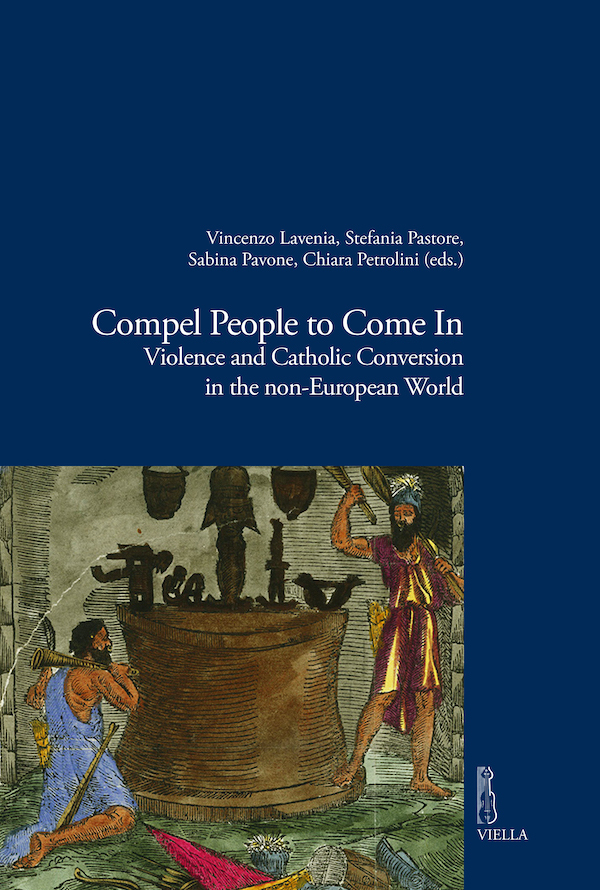Description
“Compelle intrare”: since the time of St Augustine, St Luke’s words in the parable of the Banquet have served as a justification for forced conversion to Christianity. Challenging this tradition, in 1686 Pierre Bayle denounced how a literal interpretation of the parable had led to a long line of crimes, and argued that “nothing is more abominable than obtaining conversion by coercion”.
In recent decades, scholarly research on conversion in the Early Modern Age has increasingly focused on intriguing aspects such as the fluidity of converts’ identity and their crossing of borders – both geographical and confessional. This book takes a different perspective and brings the focus back to the dark side of conversion, to the varying degrees of violence that accompanied Catholic missionary activities in the non-European World in the 16th and 17th centuries. The essays collected here examine three areas where, sometimes visibly, sometimes much more subtly, the violent aspects of conversion took shape: doctrine, missionary practice, and the conversion narratives.
Investigating the connection between violence and conversion is a way to reflect not only on the early modern world, but also on that of the present day, when conversion – including by coercion – has yet again become a significant issue.


